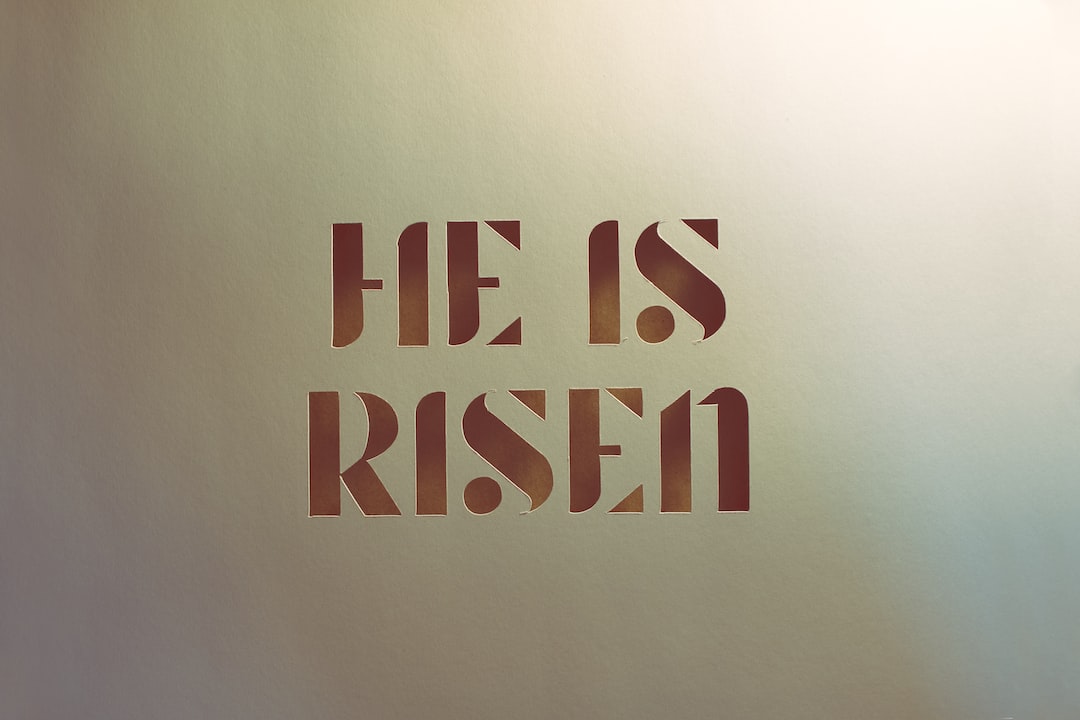Exploring the Relationship Between Science and Religion
The relationship between science and religion has been a topic of debate for centuries. While some perceive the two as entirely separate domains, others argue that they can coexist harmoniously, contributing to a broader understanding of the world. In this blog post, we will delve into this complex relationship, analyzing its historical context, current ideologies, and potential avenues for future collaboration.
Before delving into the present-day relationship between science and religion, it is pertinent to understand their historical context. In the pre-modern era, religion played a significant role in explaining natural phenomena. Ancient cultures, such as the Greeks and Egyptians, ascribed divine powers to explain events like the movement of the stars or the changing of seasons. However, the Renaissance period witnessed a radical shift with the advent of scientific reasoning. Pioneers like Galileo Galilei and Isaac Newton laid the foundations for modern science, challenging religious dogmas and pushing for empirical evidence. This contestation ignited a seemingly unresolvable tension between the two domains.
Moving forward to the present day, we observe a more nuanced relationship between science and religion. Many prominent scientists embrace religious beliefs while also valuing the scientific method. For instance, Francis Collins, the renowned geneticist and former director of the National Human Genome Research Institute, is a devout Christian. His faith coexists with his scientific pursuits, highlighting that one can embrace both realms without contradiction. Collins argues that science reveals the “how” of the world, while religion provides insight into the “why.” In this way, the two can intermingle, allowing individuals to find solace in both empirical evidence and spiritual contemplation.
However, despite the increasing acceptance of such perspectives, conflicts between science and religion persist. The most notable battleground is the theory of evolution, which some religious groups perceive as contradicting their creation narratives. These conflicts often stem from an unfortunate misinterpretation of religious texts. Critics claim that religious literalism impedes scientific progress, hindering our understanding of the world. To bridge this gap, it is imperative to recognize that religious texts are often metaphorical, intended to provide moral guidance rather than scientific explanations. Reconciling these two domains requires a reinterpretation of religious teachings, incorporating scientific advancements without abandoning religious beliefs.
Nevertheless, science and religion need not always be at odds. By adopting a reconciliatory stance, we can explore potential avenues for collaboration. One such area is ethics. Science alone cannot dictate what actions are morally permissible, as morality extends beyond empirical observations. Religion, with its emphasis on ethical codes and principles, can provide a valuable framework for guiding scientific pursuits. For example, the field of bioethics grapples with complex questions such as genetic engineering and stem cell research. By considering religious perspectives, we can navigate these ethical dilemmas, ensuring that scientific advancements are pursued in a manner consistent with our shared values.
Furthermore, both science and religion offer solutions for existential questions. Science seeks to understand the natural world through empirical observation, while religion addresses the deeper questions of purpose and meaning. Although science may explain the mechanisms of the universe, it does not provide answers to why these mechanisms exist. Religion helps individuals find spiritual fulfillment by addressing these existential queries. Embracing the coexistence of science and religion can facilitate a holistic understanding of the world, as it allows for the pursuit of both empirical knowledge and spiritual enlightenment.
In conclusion, the relationship between science and religion is multifaceted and ever-evolving. While conflicts and tensions persist, there exists potential for collaboration and mutual respect. By recognizing the historical context, appreciating the perspectives of prominent scientists, and fostering dialogue, we can move towards a society that embraces both scientific inquiry and spiritual contemplation. Science and religion, when understood collectively, have the power to provide comprehensive insights into our world, ultimately allowing us to lead more meaningful and enlightened lives.

